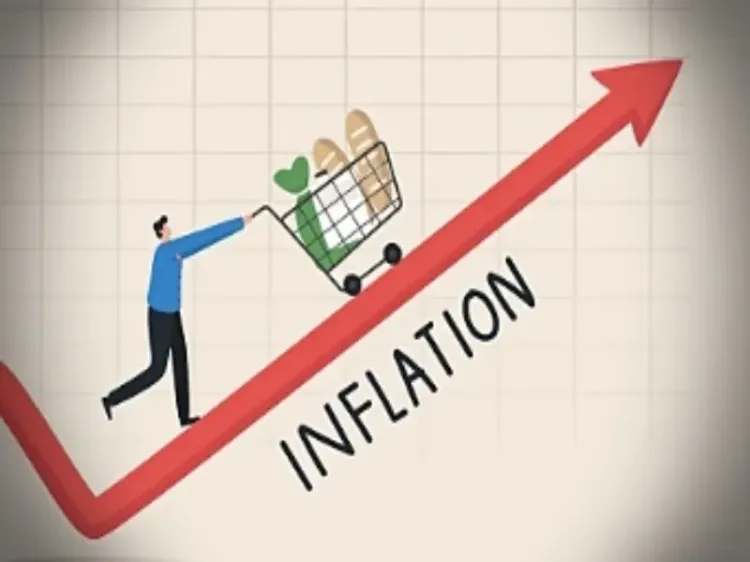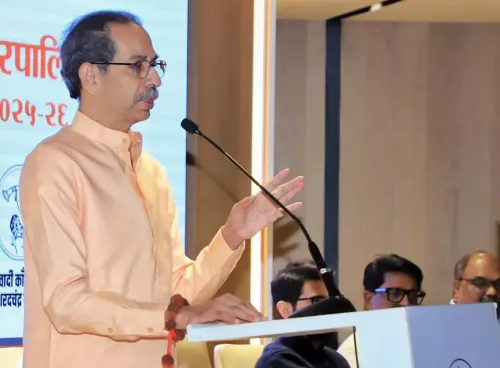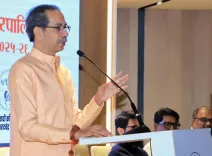How Did Retail Inflation Plummet to 2.82% in May?

Synopsis
Key Takeaways
- Retail inflation in India fell to a 75-month low of 2.82% in May 2025.
- Food inflation decreased to 0.99%, marking a significant decline.
- The RBI revised its inflation forecast for FY2025-26 to 3.7%.
- Essential food item prices have contributed to the inflation drop.
- A 50 basis point cut in the repo rate has been announced.
New Delhi, June 13 (NationPress) India has witnessed a remarkable decline in retail inflation, which has now reached a 75-month low of 2.82% for May 2025, while food inflation has significantly decreased to merely 0.99%.
The information shared by Infoindata on the social media platform X highlights a profound achievement for the government under Prime Minister Narendra Modi, which has successfully maintained inflation levels in check for over 11 years. This starkly contrasts the UPA era, characterized by persistent double-digit inflation concerns.
As reported by the Ministry of Statistics, the retail inflation rate for May is the lowest recorded since February 2019.
Food inflation has also reached its lowest point since October 2021 and has been on a downward trajectory for seven consecutive months, bolstered by robust agricultural production.
The recent drop in inflation can be largely attributed to the decreasing costs of essential food items, including pulses, vegetables, fruits, cereals, sugar, eggs, and household goods.
Additionally, the decline in global crude oil prices has contributed to reducing fuel-related inflation.
This sustained moderation in prices has led the Reserve Bank of India (RBI) to adjust its inflation outlook for the fiscal year 2025-26, revising it from 4% to 3.7%.
RBI Governor Sanjay Malhotra noted that the consistent reduction in prices over the past six months—from levels exceeding the RBI's upper tolerance band in October 2024 to well below the 4% target—demonstrates a comprehensive improvement.
The RBI now anticipates inflation to remain below or in proximity to the target throughout the year, setting CPI projections at 2.9% for Q1, 3.4% for Q2, 3.9% for Q3, and 4.4% for Q4.
This favorable inflation landscape has allowed the central bank to announce an unexpected 50 basis point cut in the repo rate, reducing it to 5.5%.
Furthermore, the RBI has slashed the cash reserve ratio by 100 basis points across four phases, a strategic move anticipated to inject Rs 2.5 lakh crore into the banking system, thus promoting credit growth.










